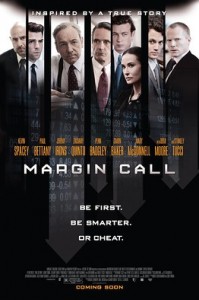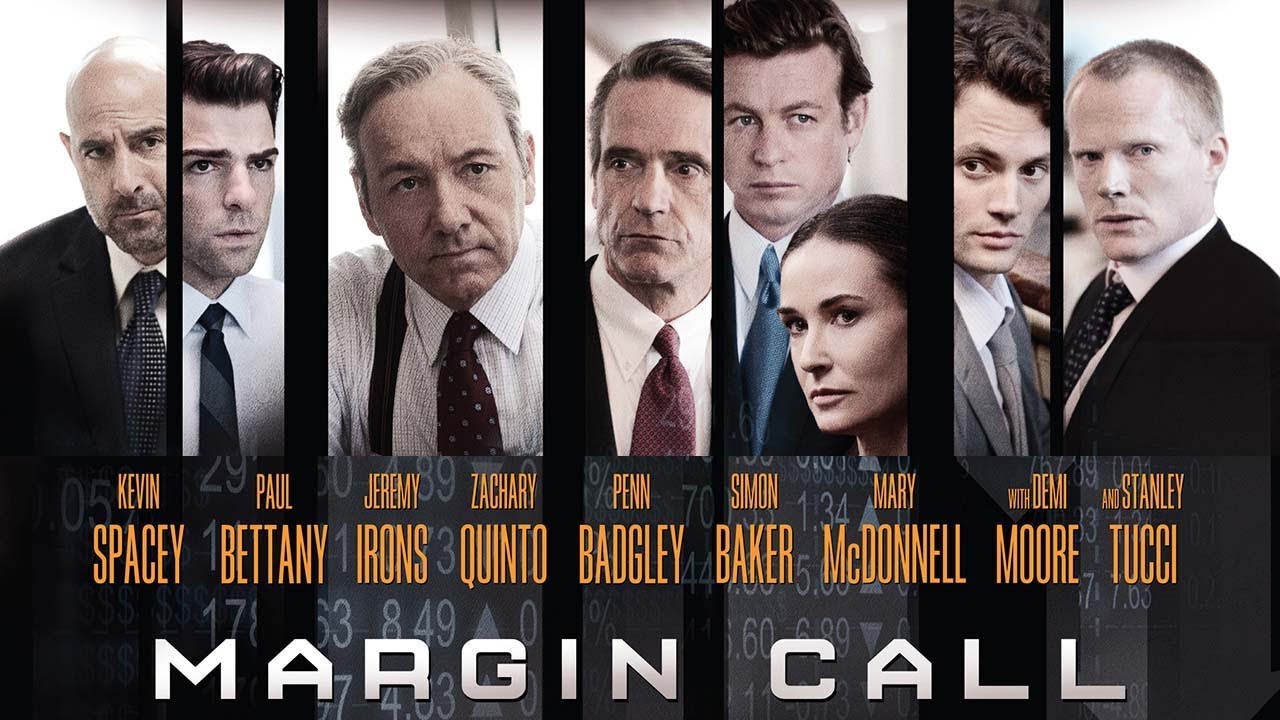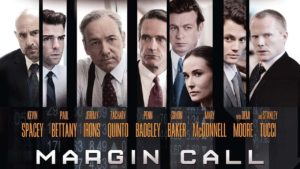Beautiful Creatures
Posted on February 13, 2013 at 6:00 pm
B| Lowest Recommended Age: | High School |
| MPAA Rating: | Rated PG-13 for violence, scary images, and some sexual material |
| Profanity: | Some strong language, crude insult |
| Alcohol/ Drugs: | Drinking |
| Violence/ Scariness: | Supernatural images, violence, peril, characters injured and killed, references to loss of parents |
| Diversity Issues: | Diverse characters |
| Date Released to Theaters: | February 14, 2013 |
| Date Released to DVD: | May 20, 2013 |
| Amazon.com ASIN: | B009AMAGXK |
 In a small Southern town that feels far from everything, where everyone is “too stupid to leave or too stuck to move,” a teenage boy named Ethan (Alden Ehrenreich) dreams every night of a girl he has never seen. Ethan has recently lost his mother. His father is never there. He is about to start his junior year in high school “so insanity’s inevitable.” But his mother’s best friend Amma (Viola Davis), the local librarian, looks out for him. There are books that he loves. And the dream feels very real and somehow comforting.
In a small Southern town that feels far from everything, where everyone is “too stupid to leave or too stuck to move,” a teenage boy named Ethan (Alden Ehrenreich) dreams every night of a girl he has never seen. Ethan has recently lost his mother. His father is never there. He is about to start his junior year in high school “so insanity’s inevitable.” But his mother’s best friend Amma (Viola Davis), the local librarian, looks out for him. There are books that he loves. And the dream feels very real and somehow comforting.
Suddenly it is real as Lena Duchannes (Alice Englart) comes to town to live with her uncle, Macon Ravenswood (Jeremy Irons) in a creepy old mansion. Ethan feels an immediate connection, but Lena seems reluctant to talk to him or to make any friends in her new school. Some of the other kids in the class feel the same way. There are rumors that the Ravenswoods have strange powers.
The rumors are true. “You know how some families are musical and some have money. We have powers,” Lena explains. She is a witch or, to use the term her people prefer, she is a “caster.” She is 15 and on her 16th birthday she will be chosen for the light side or the dark.
No one wants Ethan and Lena to be together. But the love they share is stronger than any caster powers from the dark or the light.
The storyline is fairly basic but touches of self-aware humor help to hold our interest. And it is fun to watch Irons swan around in ascots and smoking jackets, striding past the swooping banister-less staircase in his mansion. Thompson and Emmy Rossum clearly relish the chance to chew scenery with Spanish moss hanging all over it. They revel in the Southern gothic setting, tossing off Dixie-isms like “Slap my ass and call me Sally!” and “She looks like death eating a cracker.” Viola Davis does what she can stuck with an exposition role that includes a completely random Nancy Reagan reference. It is also buoyed by the lushy imaginative settings from production designer Richard Sherman and goth-glam costumes from Jeffrey Kurland and an entertaining assortment of literary and popular culture references, from Slaughterhouse Five and poet Charles Bukowski to the “Final Destination” series, Bob Dylan, To Kill a Mockingbird, and Jane Austen. Most important, writer/director Richard LaGravenes creates a world where strange things seem both wonderful and normal. The various transformations, expanding powers, and sense of alienation seem like a tangible reflection (and only mild exaggeration) of the experience of adolescence.
Parents should know that this film includes themes of good and bad magic, some disturbing images, characters in peril, and sad deaths.
Family discussion: Who makes the choice for the casters? What makes Lena different? What do you learn from the sacrifice in the movie?
If you like this, try: the series of books by Kami Garcia and Margaret Stohl, the books read by Ethan and Lena in the movie, and the “Twilight” films






